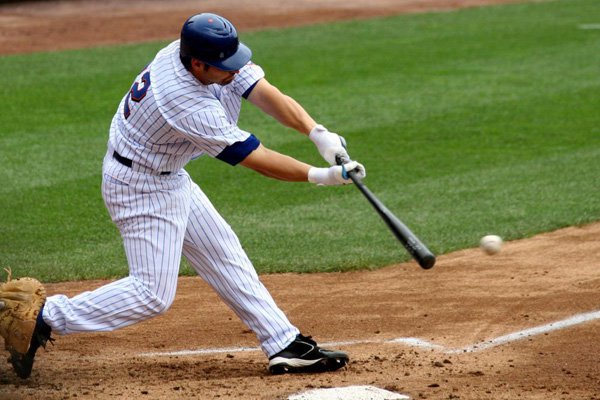
If you visit the Baseball Hall of Fame, you'll find six members who have been both pitchers and Senators. That group includes Walter Johnson, Clark Griffith, Early Wynn, Lefty Gomez and Stan Coveleski, all of whom played for Washington before the Senators moved to the Twin Cities in 1961.
The other pitcher, Jim Bunning, never pitched for Washington, though he did work there as the United States Senator from Kentucky. He earned his way to a place in Cooperstown by being a productive workhorse for 17 years, and by being the first pitcher to win more than 100 games in each league and the first to pitch a no-hitter in both leagues.
The Detroit Tigers signed Bunning out of Xavier University as a free agent. After 5 years in the Tigers' minor league system and 2 years appearing with Detroit part-time, Bunning broke into the starting rotation in 1957, going 20-8 and tying for the American League lead in victories (with Chicago's Billy Pierce) while leading the league in innings pitched with 267. His 2.69 ERA was third best in the league, and his 182 strikeouts were second by 2 to league leader Early Wynn.
From 1960 to 1963, Bunning was the Tigers' premier starter, winning 59 games with a 3.36 ERA. The Tigers' workhorse averaged 256 innings and 192 strikeouts during those 4 years, but had winning records in only 2 of those seasons. In December 1963, the Tigers traded Bunning and catcher Gus Triandos to the Philadelphia Phillies for outfielder Don Demeter and pitcher Jack Hamilton. It was one of the best trades the Phillies ever made.
Bunning won 19 games in each of the next 3 years for the Phillies. In his 4-year tour with Philadelphia, Bunning won 74 games with a combined ERA of only 2.48. He averaged nearly 300 innings pitched and 250 strikeouts for those 4 seasons, leading the National League in strikeouts in 1967 with 253.
In 1964, Jim Bunning pitched a 6-0 perfect game against the New York Mets. He struck out 10 of the 27 New York Mets he faced – and retired – on that Father's Day matinee. It was his second career no-hitter, the first coming on July 7, 1958 against the Boston Red Sox.
After stops in Pittsburgh and Los Angeles, Bunning returned to Philadelphia to close out his career. He retired in 1971 after 17 seasons that produced 224 career wins and a 3.24 ERA. During the 1960s, no one pitched more innings than Bunning (2,590) and only Juan Marichal (191) and Bob Gibson (163) recorded more victories than Bunning (150).
A 9-time All-Star, Bunning was elected to the Baseball Hall of Fame in 1996, 2 years before he was elected to the U.S. Senate.
Suitable Indoor Soccer Cleats Can Help You Win The Game


Future of Tobago's Tourism Depends on the survival of its coral reefs

Copyright © www.mycheapnfljerseys.com Outdoor sports All Rights Reserved